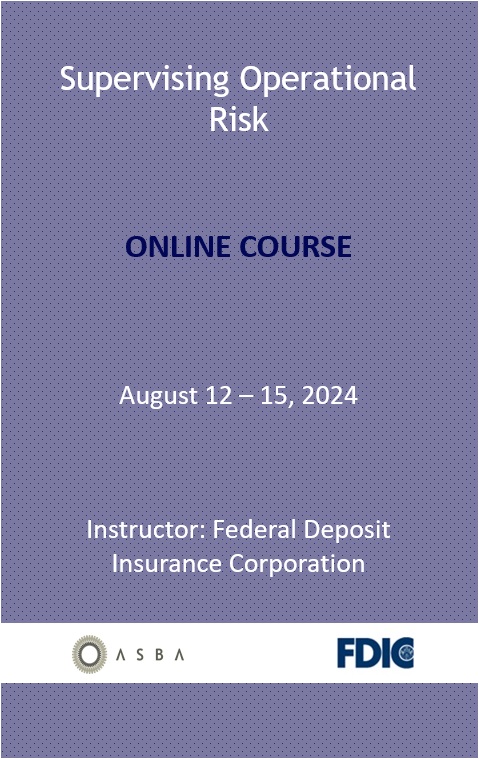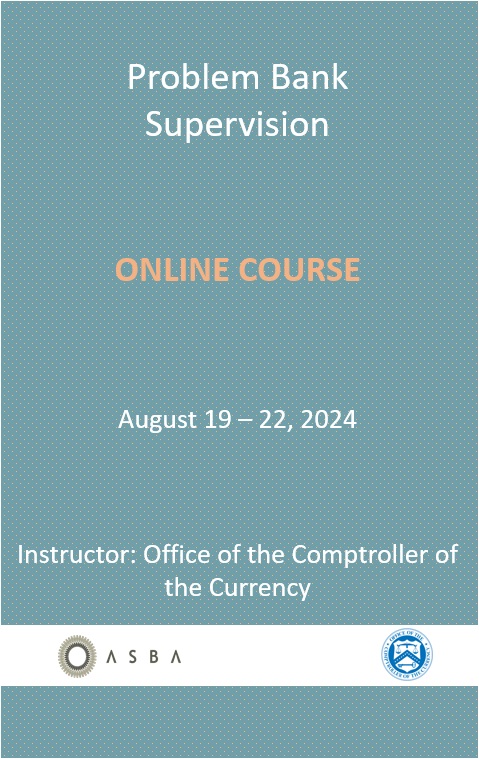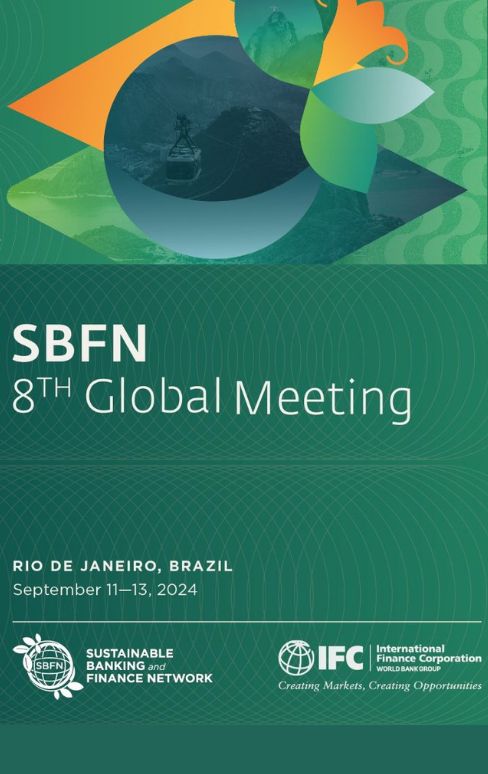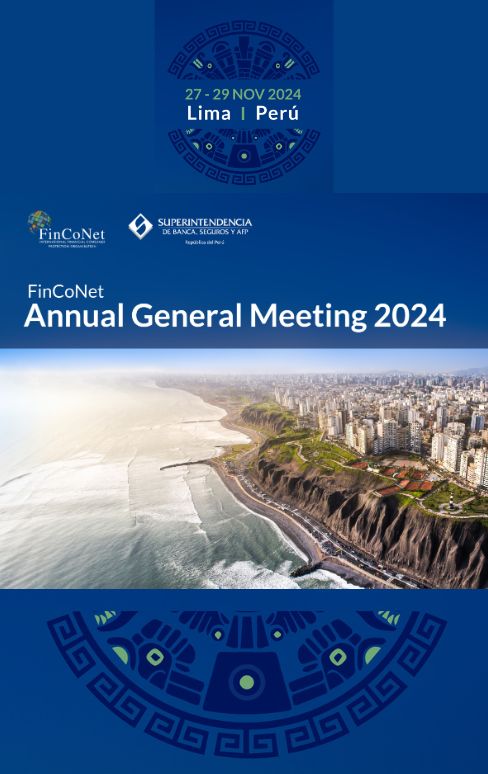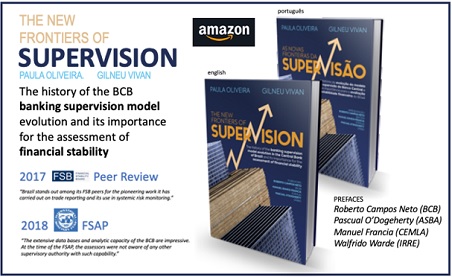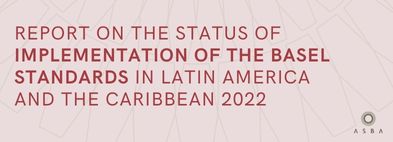 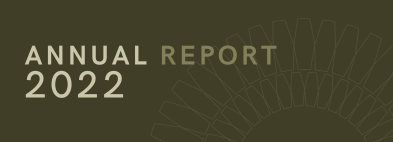 |
ASBA
CALL FOR SELECTION OF SECRETARY GENERAL OF ASBA
In the Association of Supervisors of Banks of the Americas A.C. (ASBA), we are dedicated to the search and selection of a "Secretary General" profile to carry out the position in the headquarters of the General Secretariat ASBA in Mexico City. For this reason, we invite the Members of the Association to extend this call to those people that they consider as potential candidates to fulfill the profile of the mentioned position.
POSITION: HEAD OF THE GENERAL SECRETARIAT
The Secretary General is the chief executive responsible for the management of the Association of Supervisors of Banks of the Americas, depending on the Board of Directors.
Will be responsible for exercising strategic leadership, providing vision and direction to advance ASBA's mission and objectives. He/she will oversee and lead the day-to-day management of the Secretariat and its team, including, but not limited to, contributing to the development and implementation of the Association's goals, objectives and strategic business plans, leading policy development and implementation, research, technical assistance and the delivery of Member activities. The Secretary General represents ASBA in international forums, defends the interests of banking supervisors in the Americas, and fosters cooperation and collaboration among Members, regulatory authorities, and stakeholders. He/she also ensures transparency, inclusiveness and accountability throughout the organization, reporting through periodic reports to the ASBA Chairman, Vice-Chairman and Board of Directors, among other responsibilities inherent to the role.
PERSON:
Academic degree is required, preferably at graduate level in Business Administration, Accounting, Finance, Economics, International Relations, Law or related. Experience in executive positions in regulatory agencies of the financial system, Central Bank or Ministry of Finance is a plus. Executive experience in private sector organizations will also be considered. Solid experience in banking regulation or supervision is required, with a deep knowledge of financial systems and international regulatory frameworks, as well as in the management of multilateral organizations and/or international cooperation agencies. Fluency in Spanish and English is essential, and knowledge of other languages (Portuguese and/or French) is an asset. Key competencies of the professional to be incorporated will be: excellent communication (written and oral) and diplomatic skills, with the ability to engage and influence various stakeholders at national, regional and international levels; strong analytical and problem-solving skills, ability to innovate in challenging environments; team and project leadership, strategic vision, negotiation skills and proven planning and organizational skills.
PROPOSAL:
It is a contract for a period of up to 3 years, with the possibility of extension for an equal period, subject to performance evaluation. It is required to be based in Mexico City and availability for international travel. This is an interesting proposal to join an organization that offers attractive challenges in a multicultural environment, possibilities for professional development and an interesting compensation and benefits package.
PLACE AND DEADLINE:
The application must be sent directly to the Deloitte Uruguay at the following email address: capitalhumano@deloitte.com until July 26, 2024.
GENERAL CONSIDERATIONS FOR A CROSS-BORDER MEMORANDUM OF UNDERSTANDING BETWEEN SUPERVISORY AUTHORITIES
The increase in the number and scale of financial groups operating in various jurisdictions in the Americas region, the recent changes in financial institutions’ resolution frameworks, and the emergence of new risks, including cyber risks, suggest the convenience of reviewing of the content of the existing cooperative arrangements with a view to updating them.
In this context, the ASBA Technical Committee considered it to be appropriate to develop a series of principles and recommendations that could serve as a reference for ASBA members when updating their “memoranda of understanding” (MoU) or signing new ones with other jurisdictions with which they have not yet done so.
The document covers the following topics: information sharing, confidentiality, and data protection; licensing and authorizations; ongoing supervision; on-site inspections; and cooperation during crisis situations. Additionally, depending on the scope and mandates, the participating authorities may evaluate including the supplemental principles and recommendations that address specific elements regarding cybersecurity, anti-money laundering and countering the financing of terrorism, and resolution planning and resolvability assessment.
Download report
LESSONS LEARNED FROM THE REGULATORY MEASURES IMPLEMENTED TO FACE THE COVID-19 EMERGENCY
The COVID-19 pandemic has led the Americas region into one of the largest economic contractions on history. Nevertheless, amid the uncertainty and financial turbulence of the last two years, the Banking Regulatory and Supervisory Authority (BRSA) have been a source of resilience. Due to the important reforms following the 2007-2009 crisis, the region's banks are better capitalized and more liquid, so they did not suffer from immediate stress. On the contrary, accompanied by regulatory and supervisory banking measures, the sector has been a participant in supporting the financing needs of the real sector and lessening the economic impacts related to COVID-19.
The pandemic has made it clear that BRSA face formidable challenges, in debt management, budget policies, central banking and structural reforms, as they try to ensure that this global recovery gains traction and lays the foundation for strong growth and development in the long term, while protecting the most vulnerable people and sectors.
In this context, the Association of Supervisors of Banks of the Americas (ASBA) developed the research document: "L Lessons Learned from the Regulatory Measures Implemented to Face the COVID-19 Emergency." The document aims to provide an overview of the potential implications and lessons of the regulatory facilities implemented in the financial sector by countries in the region to deal with COVID-19.
Download report
The New Frontiers of Supervision
The New Frontiers of Supervision describes the banking supervision model evolution of the Banco Central do Brasil (BCB) and its transformation into a macro and micro prudential supervision model with intensive use of microdata and technology solutions.
The authors have carried out long research that involved not only the reading of several reports and publications, but almost 70 interviews. BCB governors, supervisory deputy-governors, representatives of the financial market, and colleagues who occupied different positions in all departments of supervision throughout this period have kindly shared their memories and experiences with them.
The testimonies of the interviewees along the whole text allow the reader to share the joys, anxieties, uncertainties and hopes experienced by them in each challenge faced and goal achieved.
The book is available at Amazon.com in English (The New Frontiers of Supervision) and in Portuguese (As Novas Fronteiras da Supervisão).
Recommended readings
Stocktake on Nature-related Risks: Supervisory and regulatory approaches and perspectives on financial risk
Financial Stability Board (FSB)
A growing number of financial authorities have been considering the potential implications of nature-related risk, including degradation of nature and biodiversity loss.
In February 2024, the G20 Finance Ministers and Central Bank Governors asked the FSB to conduct a stocktake of regulatory and supervisory initiatives associated with the identification and assessment of nature-related financial risks, including to investigate the perception of central banks and supervisors regarding whether nature degradation, such as biodiversity loss, is a relevant financial risk.
The stocktake summarises current and planned regulatory and supervisory initiatives, and presents the key challenges for authorities in identifying, assessing and managing nature-related financial risks. The report also includes some case studies on initiatives by authorities and international organisations (the Network for Greening the Financial System (NGFS), World Bank, Organisation for Economic Co-operation and Development (OECD), Taskforce on Nature-related Financial Disclosures (TNFD), De Nederlandsche Bank (DNB)).
Read moreConsultative Document - Principles for the sound management of third-party risk
Basel Committee on Banking Supervision (BCBS)
The Basel Committee on Banking Supervision has issued a consultative document proposing Principles for the sound management of third-party risk in the banking sector. The Principles address banks' increasing reliance on third-party service providers due to the ongoing digitalisation and rapid growth in financial technology. They establish a common baseline for banks and supervisors for the risk management of these arrangements. Simultaneously, they provide the necessary flexibility to accommodate evolving practices and regulatory frameworks across jurisdictions. While primarily directed at large internationally active banks and their prudential supervisors, these Principles also offer benefits to smaller banks and authorities in all jurisdictions. The Principles are intended to supersede those in the 2005 Joint Forum paper Outsourcing in financial services specifically for the banking sector.
The Committee welcomes comments on the proposed Principles for the sound management of third-party risk, which should be submitted to https://www.bis.org/bcbs/commentupload.htm by 9 October 2024.
Read moreRead more about:
Stay up to date
Reciba una actualizacion semanal de lecturas recomendadas y noticias relacionadas con Supervisión Bancaria.

